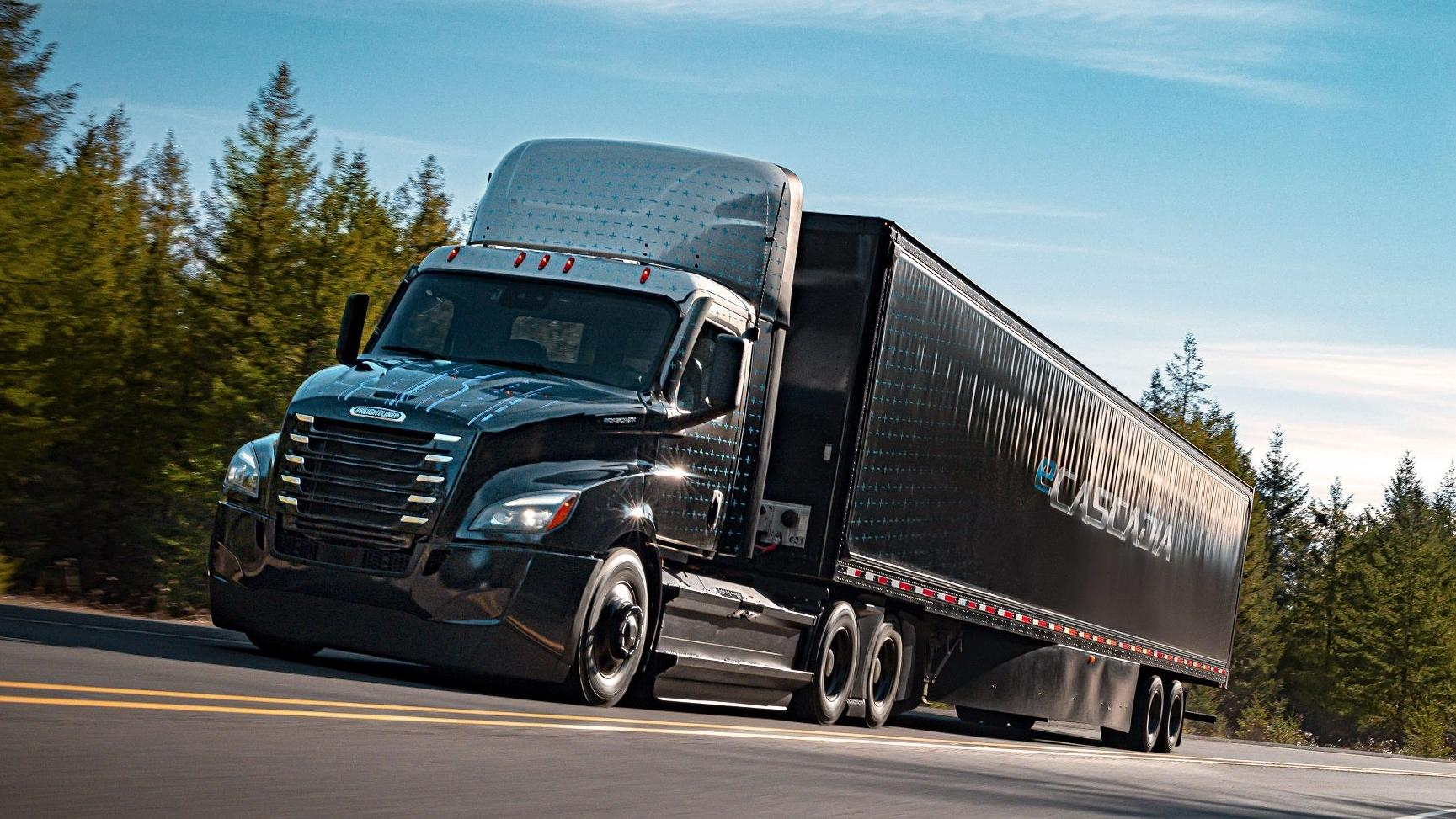Startups Are Building A Charging Network For Electric Trucks That May Never Take Off
Charging semi trucks is a much bigger challenge than electric cars.
While range anxiety still gets a lot of attention these days, passenger vehicles generally offer enough range to cover most people's daily needs. And while finding a working public charger can be a challenge, most people who own an electric car are able to charge at home. In the grand scheme of things, solving the problems with electric car charging is relatively straightforward. But electric semi trucks are a completely different story.
In case you missed it:
-
Tesla Sells Out of Steering Wheels as Owners Rush to Replace Yokes
-
AWD RX-7 vs. Trackhawk, GR Yaris-Powered AE86: The Best Automotive Videos on YouTube This Week
Semis need to be able to drive much longer distances on a daily basis while hauling heavy loads. That doesn't just mean equipping them with larger batteries; it also means they need a lot more electricity to charge. And getting that charging network off the ground is still proving tricky.
Wired recently published a great article on the challenges that electric semi-trucks are facing. And while there are plenty of people and companies working to make it happen, at least in the near future, things aren't looking bright. One of the biggest challenges is the so-called "chicken-and-egg problem."
Developing and building electric trucks takes a ton of money. So does building out a reliable charging network for those trucks to use. But without a charging network, it's hard to justify the cost of developing electric trucks. And without many electric trucks on the road, it's also hard to justify investing in a charging network.
One startup that's already taken the plunge on the charging network side of things is San Francisco's TeraWatt Infrastructure. TeraWatt's theory is that since it takes so long to build chargers, it might as well start now and hope that commercial electric vehicles will need them by the time the network is ready to go. But while that's a relatively safe bet in the state of California, the startup tells Jalopnik it has sites in 19 states, and has bought seven more sites along Interstate 10 with the hopes of connecting the Port of Long Beach near Los Angeles with El Paso, Texas.
Only time will tell if those bets will pay off before the funding runs out, but the entire article is a fascinating read, and we highly recommend you read the whole thing.
